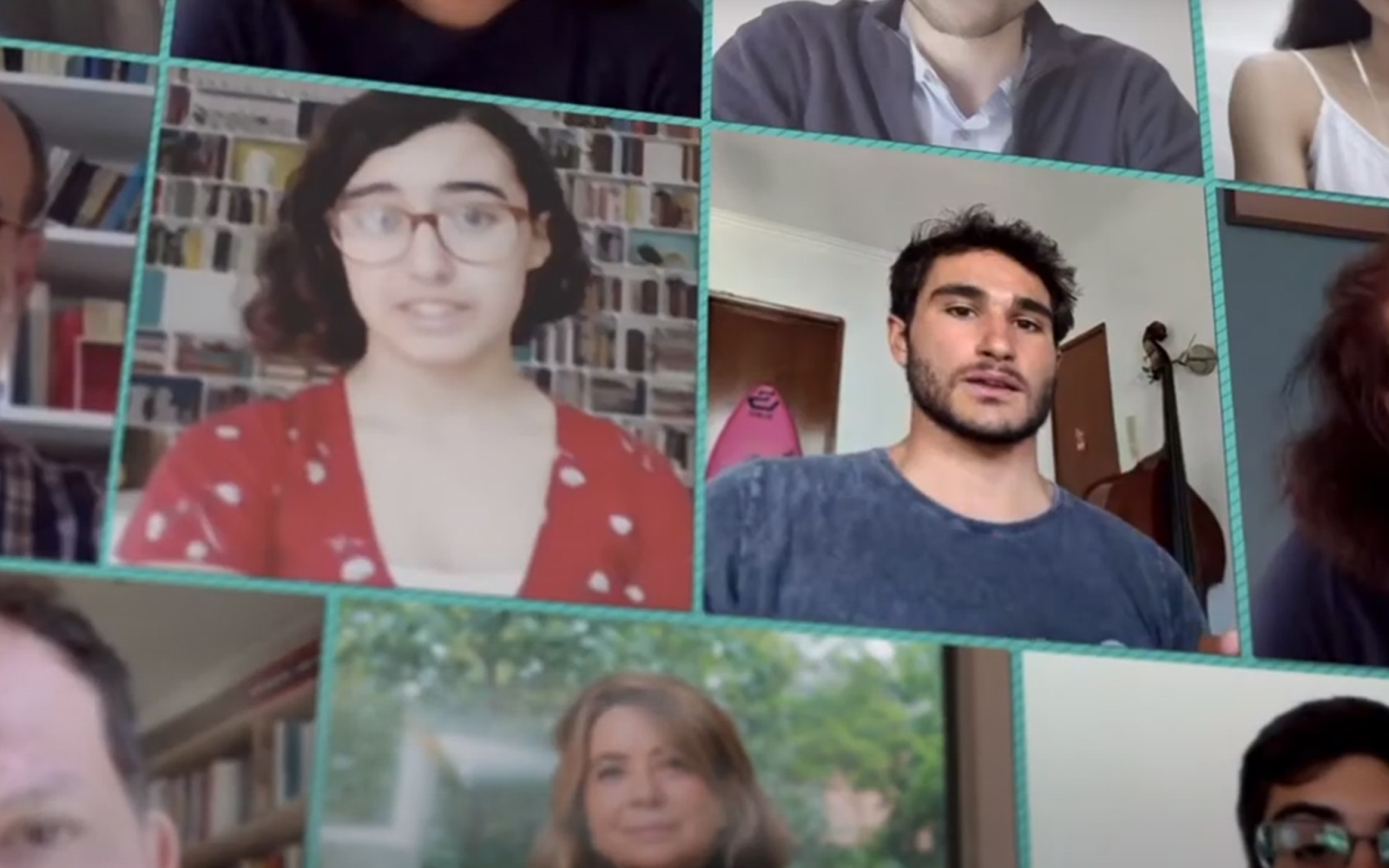The Calouste Gulbenkian Foundation shares ideas for a post-Covid-19 future

“It is usually said that catastrophes – like this one, coronavirus – affect everyone and know no borders”. Daniel Innerarity, political philosophy teacher, disagrees. Especially “when we take a look at the outskirts of cities”. In his understanding “the coronavirus crisis might be a threat for the eldest, but climate change is a threat for younger generations”. “Where there is a conflict, there is also a possibility for reconciliation” he says, when foreseeing a post-Covid-19 future. The question is if we are prepared to defend the interests of four or six generations, in the same way, at the same time.
Considering life in a post-pandemic world raises a lot of questions. Simon Kuper, a columnist at the Financial Times, wonders abouts the impact of this crisis in city life. For the first time in History, he says, half of the world’s population is living in cities. Will the “fear of commuting and public transportation” cause an increase the number of cars or bikes in the streets”? How will urban mobility evolve and, with it, the pollution levels responsible for “killing more than 7 Million people every year”? “The future of the environment will be decided in the cities”, says Kuper, who raises questions about a possible disappearance of public transportation and the depopulation of cities.
But the impact of the pandemic is not a question of borders. Joseph Weiler, a Law teacher at NYU, believes that in a post-Covid-19 future “there will be a world where the leadership of the United States has practically disappeared and no country will be able to fill their shoes.
It will be a geopolitical mess”. On the other side of the Atlantic, the fragilities of the European Union were exposed during the pandemic and revealed its “profound democratic deficit”. What will be the role of authoritarian regimes who have had the opportunity to improve their means of action?
This series of testimonies about life post-Covid-19 raises countless questions about intergenerationality, the new life to be lived in cities and sinuous reflections on geopolitics. Besides Innerarity, Kuper and Weiler, other renowned figures like Chef Andoni Luis Aduriz, or the president of the Italian constitutional court, Marta Cartabia, have agreed to answer the question raised by Gulbenkian Future Forum: “Covid-19: What’s next?”. But, as the world is a place where multiple generations coexist, Gulbenkian Future Forum has also challenged bright young minds to reflect on this new world order. From inequalities to new opportunities, from changes in the job market to changes in interpersonal relationships and ways to express affection, from true information to fake news, this series of short videos gives voice to dozens of thinkers of all ages who are willing to share their thoughts on the future of the world post-Covid-19.
These “Gulbenkian Ideas” will be posted regularly throughout the next few weeks.
Find out more
